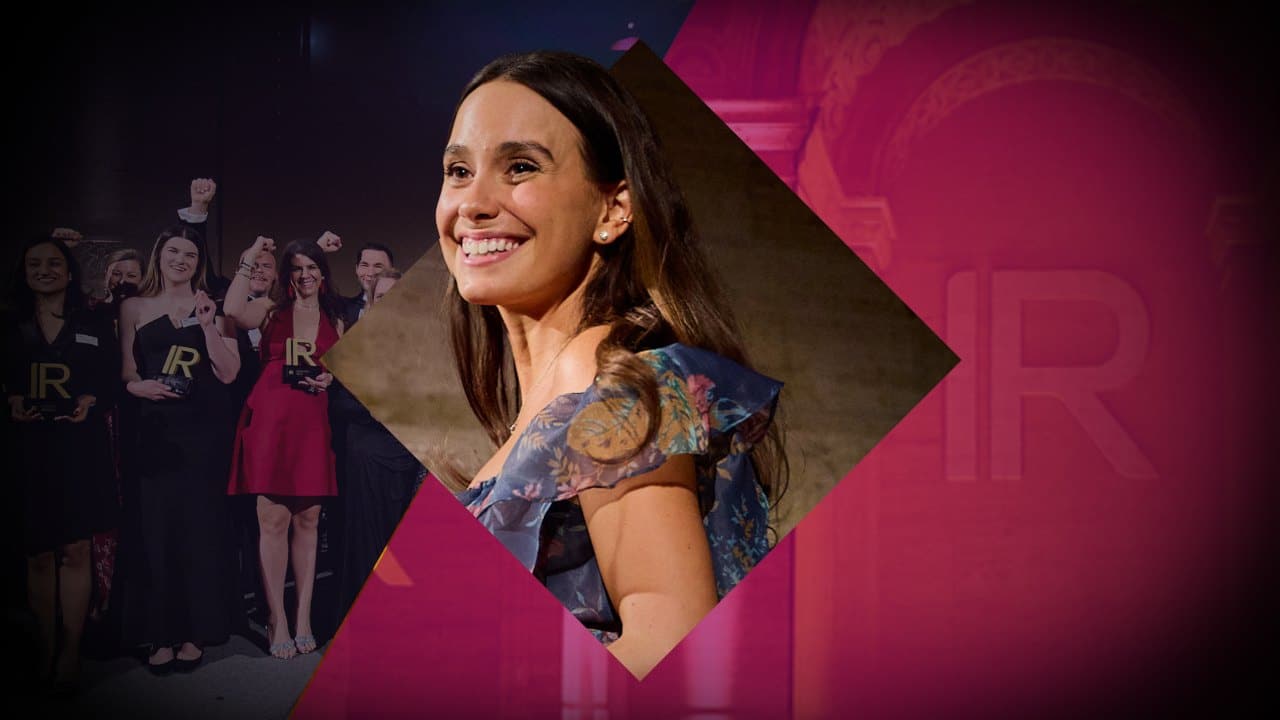Many years ago, while working as a financial journalist on one of the UK’s leading national newspapers, I was contacted by a chief executive of a leading high street bank. He told me his bank was in merger talks with a foreign competitor, and that an announcement would be made shortly thereafter.
Journalism is a funny old game. There are certain sources you trust implicitly, and others you double or triple-check. It is always best to get several sources to confirm a story but, bluntly, if the chief executive of a FTSE 100 company tells you the sky is red, you write that the sky is red.
Excitedly, I wrote up my ‘scoop’ and the next day (this was before the internet had accelerated the news agenda) the story led the newspaper’s City section. I expected a rush of congratulatory calls, perhaps a celebratory bouquet. Instead the bank issued a formal denial to the London Stock Exchange. Even worse, the statement contained a quote from the chief executive (my source) to the effect that it was a very strange story with not an ounce of truth in it, and he had no idea where it had come from.
His director of communications rang me in shock. Had I lost my mind? Had I taken to making up stories? Where had this ‘scoop’ come from? It was a complete mystery to everyone working within the bank, and the chief executive was allegedly incandescent. The communications director’s troubling call was followed by one from the said chief executive. Stick with the story, he told me. It will come true.
The first rule of journalism is never to disclose sources. So apart from assuring the communications director that my source was impeccable and highly placed, I could not offer him any further guidance. I repeated the story again, with additional facts provided by the chief executive and, once again, an official denial followed, closely followed by one from the foreign target. I was not amused.
I now suspect that the chief executive was ‘kite flying’: he wanted to test the market reaction to his idea before putting it into action. (If I had been privy to that vital bit of information, I might have worded the article differently – a sort of ‘Wouldn’t it be clever if…’ kind of piece.)
As a victim of kite flying, I now have well-tuned antenna for ‘try it out on the market first before committing to anything’ stories. I rather suspect there was an element of kite flying around the story that Michael Geoghegan would not be promoted from the position of chief executive of HSBC to chairman to replace the outgoing Stephen Green.
Sadly, once the markets responded positively to the suggested news, Geoghegan’s fate was sealed. It has since been reported that not one of the bank’s top 10 institutional investors would have approved his appointment. Like Tony Hayward at BP, Geoghegan has learned (rather publicly) that long service does not guarantee loyalty. His departure was worth more to HSBC than his expertise. Even with the pay-off to lessen the pain, that’s still got to hurt.






